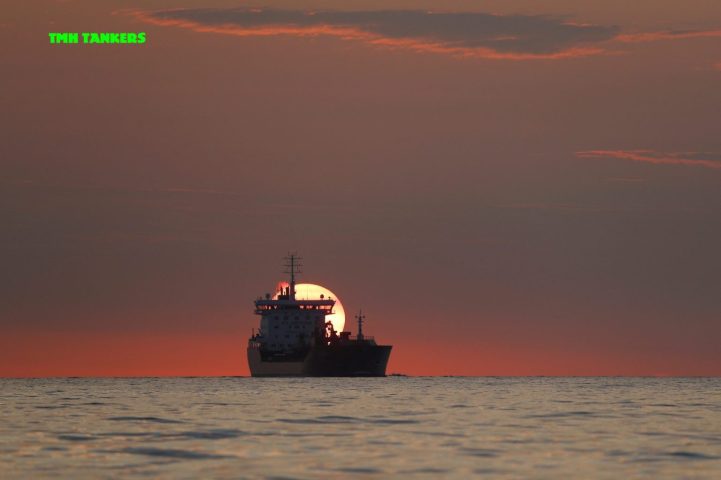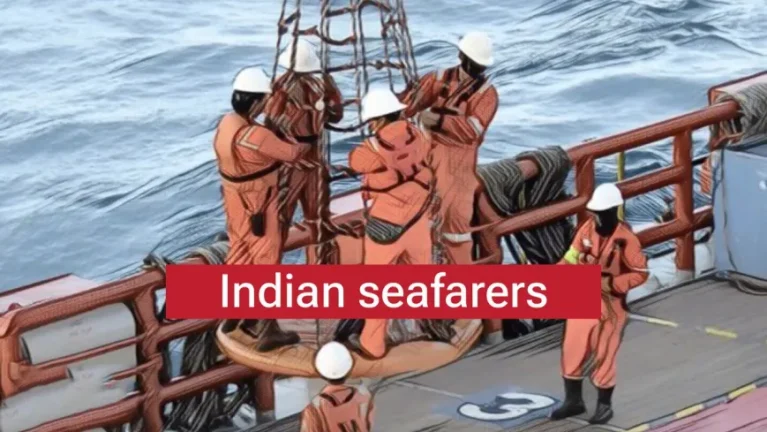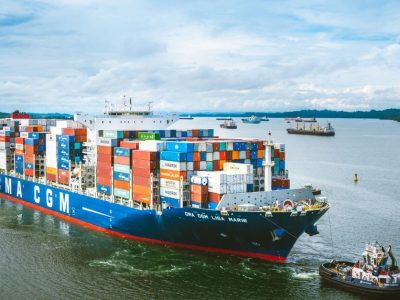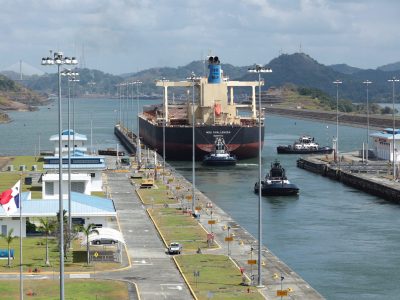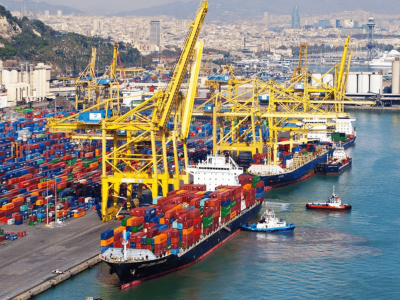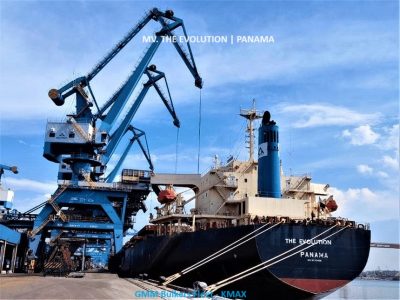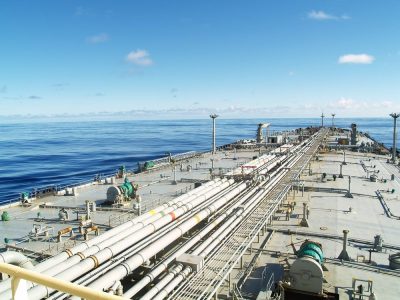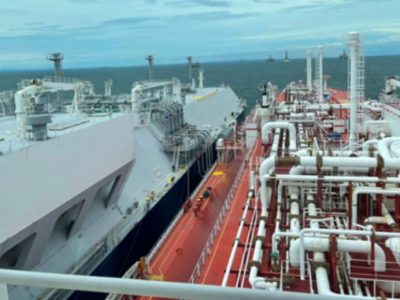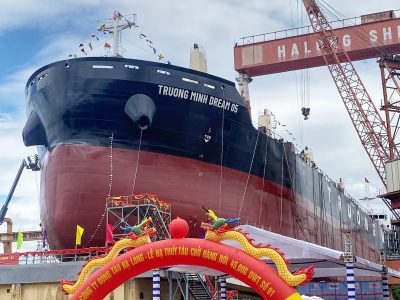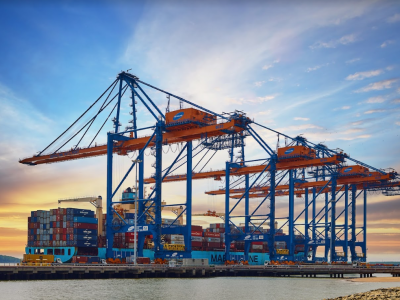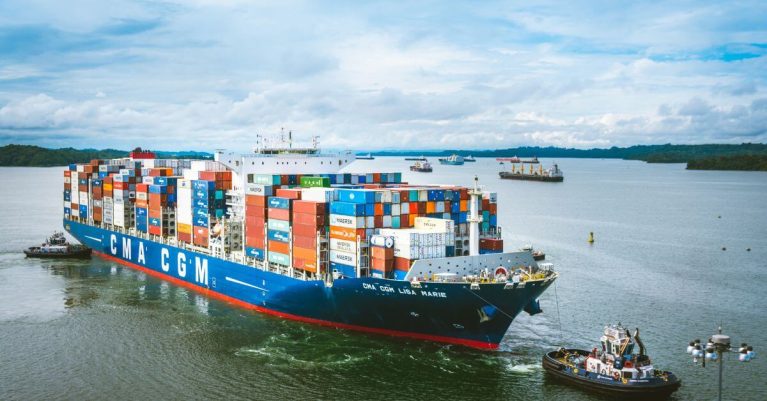By GMM News | 2024-02-07 | International Shipping News |
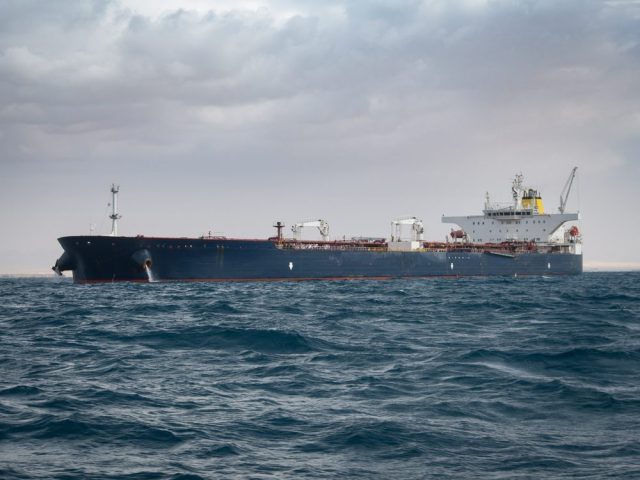
Greek shipowners are fleeing the Russian crude trade after a ramp up in US sanctions targeting the traders and shipping companies moving the nation’s petroleum.
The number of Greek-owned tankers hauling Russian crude fell to just eight in January, vessel tracking data compiled by Bloomberg show. That’s down from as more than 40 in May and about 20 through most of the second half of last year.
The exodus comes after the US Treasury spooked western tanker owners by asking them to explain what they’d done to comply with a $60 a barrel Group of Seven price cap on Russian oil. Officials from two Athens-based companies said shortly after that they were treading carefully while they evaluated the situation.
The notices were sent in November to companies in about a dozen countries, and were followed up with sanctions imposed on firms trading Russian oil and shipowners helping to move it.
Greek-owned ships have disappeared completely from the trade in Russian crude loaded at the country’s Pacific terminals and hauled to buyers in China and India. Those grades, principally ESPO and Sokol, trade at a premium to Moscow’s flagship Urals, and well above the G-7’s cap.
Western involved in the purchase or transport Russian oil must get documented attestations showing that the cargoes complied.
Price data provided by Argus Media show ESPO trading at prices about $13 a barrel above the price cap in the first four weeks of 2024. Urals loaded at terminals in the Baltic was about $1 a barrel over the cap.
| Greek ships | All ships | Greek share | ||||
|---|---|---|---|---|---|---|
| All grades | Urals | All grades | Urals | All grades | Urals | |
| Jan 23 | 34 | 25 | 147 | 87 | 23% | 29% |
| Feb | 25 | 20 | 123 | 71 | 20% | 28% |
| Mar | 34 | 27 | 140 | 82 | 24% | 33% |
| Apr | 32 | 27 | 143 | 85 | 22% | 32% |
| May | 41 | 35 | 158 | 99 | 26% | 35% |
| Jun | 37 | 34 | 134 | 81 | 28% | 42% |
| Jul | 20 | 16 | 121 | 64 | 17% | 25% |
| Aug | 26 | 22 | 125 | 69 | 21% | 32% |
| Sep | 23 | 22 | 130 | 78 | 18% | 28% |
| Oct | 24 | 20 | 143 | 85 | 17% | 24% |
| Nov | 16 | 13 | 126 | 70 | 13% | 19% |
| Dec | 17 | 15 | 142 | 79 | 12% | 19% |
| Jan 24 | 8 | 8 | 128 | 73 | 6% | 11% |
The loss of the Greek fleet will put even more pressure on Russia’s own tankers and a shadow fleet of vessels that has grown since Moscow’s troops invaded Ukraine almost two years ago.
With the loss of its European market, which took almost all of the 1.6 million barrels a day of crude shipped from Russian ports on the Baltic, Black Sea and in the Arctic, Moscow has been forced to rely almost exclusively on buyers in China, India and, to a smaller extent, Turkey. That involves much longer voyages and many more ships.
Delivery has been made more complicated by attacks on shipping in the southern Red Sea and the Gulf of Aden by Houthi militants in Yemen. All Russian crude sent from western ports to India and China has run that gauntlet and a least one tanker has been hit, despite assurances from the Houthis that Russian and Chinese ships would be safe.
No tankers carrying Russian crude have yet diverted to avoid the southern Red Sea, according to tanker tracking data monitored by Bloomberg. That’s true of both ships owned by state-controlled Sovcomflot PJSC and vessels that make up the shadow fleet, built up to help Moscow evade Western restrictions on its oil shipments.
© 2024 Bloomberg LP


